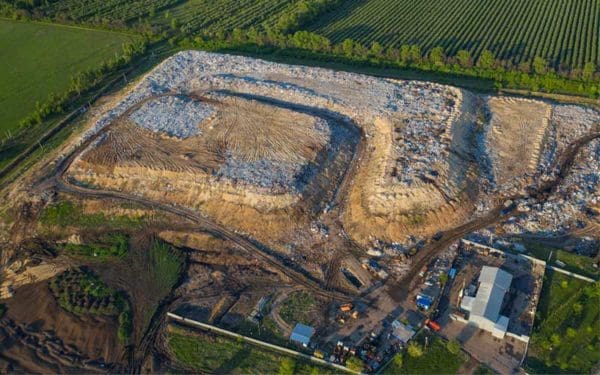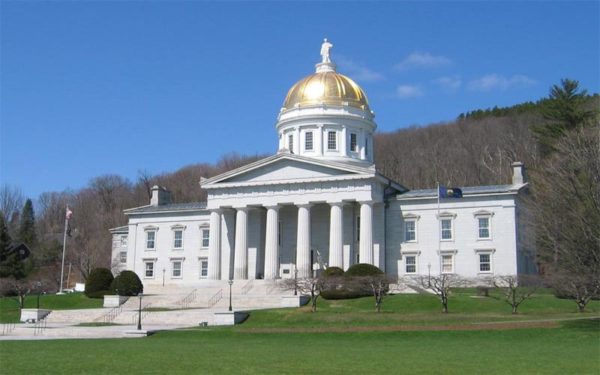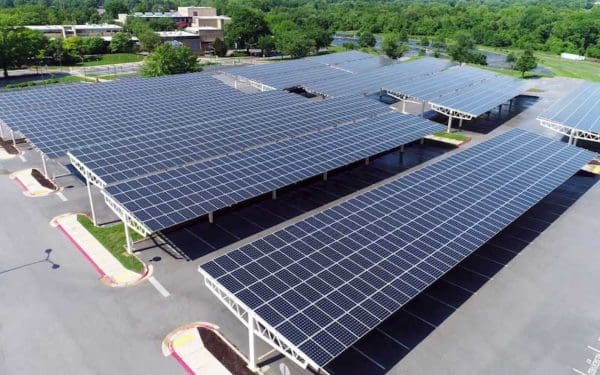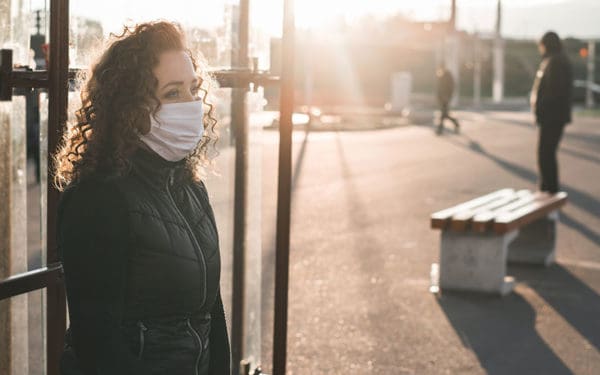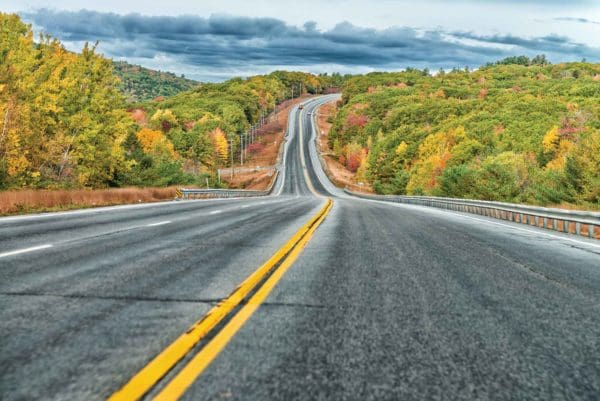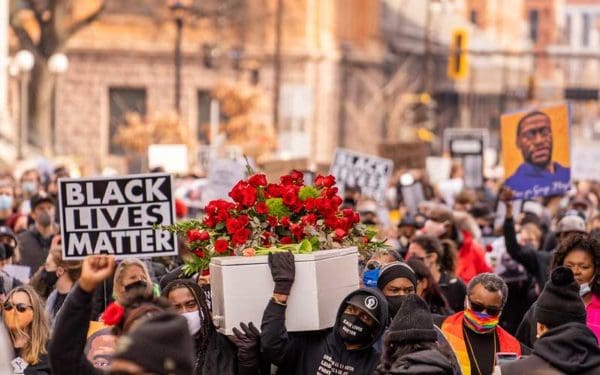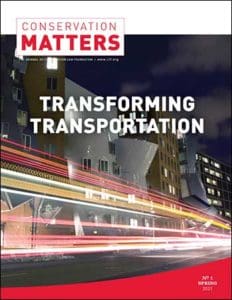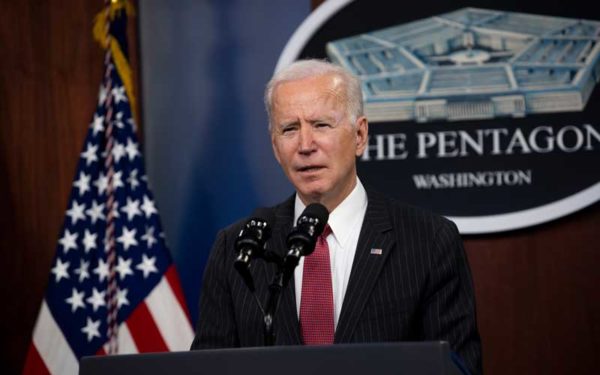May 10, 2021
Time and again, corporate waste giants are granted permission to expand their dangerous landfills. CLF is working to stop these Northern New England landfills from getting bigger and harming our communities.
May 04, 2021
May 4, 2021 (MONTPELIER, VT) – Today, Vermont’s House of Representatives gave unanimous initial approval to a bill that would restrict the sale of consumer products that contain toxic chemicals known as PFAS. After final approval, the bill will head back to the Senate, where they will consider the House amendments. The Senate unanimously approved… Continue reading Vermont Legislature Advances Bill to Ban Forever Chemicals from Products
Apr 30, 2021
New England won’t be able to meet its climate goals and enjoy the benefits of clean energy unless our grid operator undertakes serious reform.
Apr 29, 2021
Ensuring a just economic recovery from the pandemic means not following a business-as-usual model. Instead, we must prioritize people’s health, provide direct relief to families and individuals, and invest in the future of our communities.
Apr 24, 2021
Over 40% of New England’s climate-damaging emissions billow from the exhaust pipes of our cars, trucks, semis, buses, and trains. We cannot solve climate change without cutting that pollution. And in the process, we have a unique opportunity to reimagine our region’s transportation systems as ones that are both affordable and accessible to everyone.
Apr 22, 2021
Tuesday’s verdict was one welcome step toward change. But at CLF, we believe that real progress lies in systemic policy change that will break down the racist systems that have been in place for generations – ending white supremacy in this country.
Apr 16, 2021
We find ourselves on the cusp of a sea change in how we transport people and goods as we urgently work to cut the climate-damaging emissions that spew from New Englanders’ tailpipes.
Apr 15, 2021
“Updating Vermont’s bottle bill is a win-win for our communities and our environment,” said Jen Duggan, Vice President & Director of CLF Vermont. “These changes to the bottle bill will result in less climate pollution and waste in our landfills, more green jobs, and millions of dollars for the state’s clean water fund. Passing this legislation into law is just plain common sense.”
Apr 12, 2021
“The decision not to regulate more of these toxic chemicals in our water is deeply disturbing,” said Jen Duggan, Vice President and Director of CLF Vermont. “It doesn’t make sense to continue this whack-a-mole approach to removing these chemicals from drinking water. People’s health will suffer as a result of this decision.”
Apr 08, 2021
Biden’s infrastructure package represents a critical investment in our future, infusing much-needed funding to ramp up New England’s transition to a carbon-free economy by 2050.
